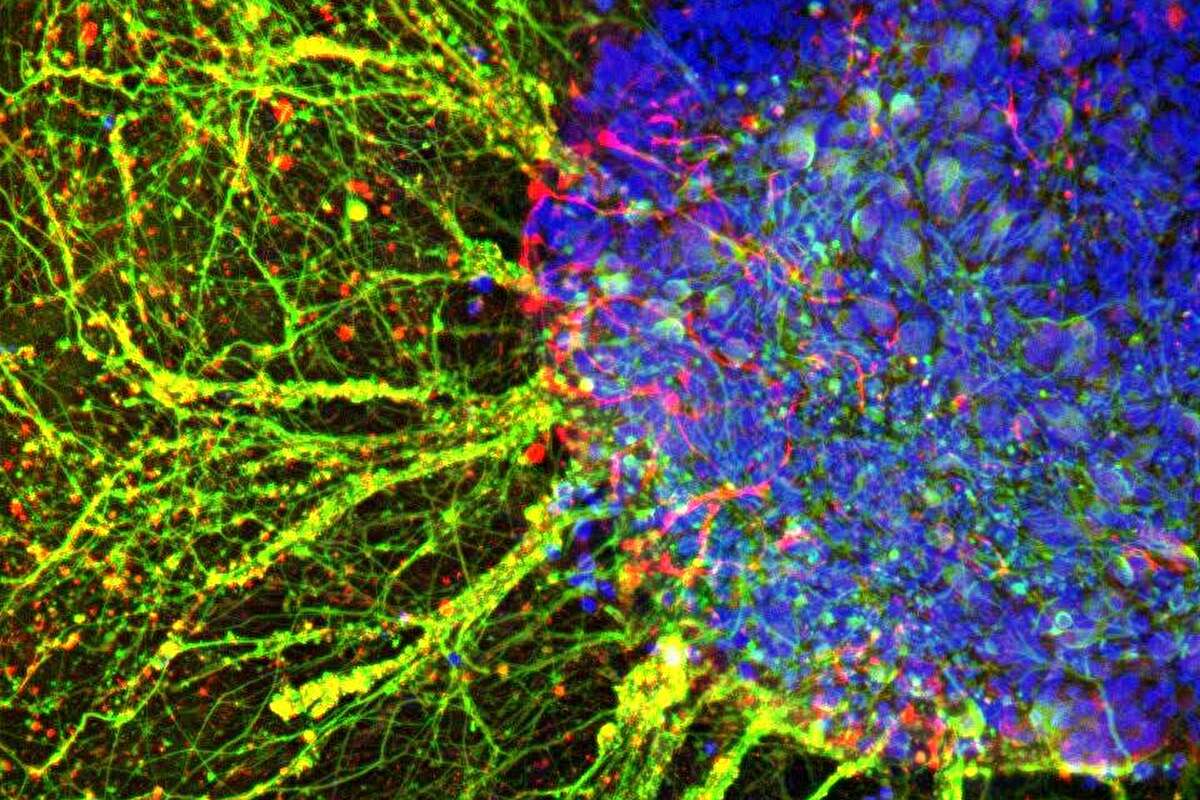
Research on the Development of New Therapeutics Using iPS Cells
Center for Genomic and Regenerative Medicine, Juntendo University Graduate School of MedicineDr. Wado Akamatsu

Research on the Development of New Therapeutics Using iPS Cells
The Center for Genomic and Regenerative Medicine specializes in induced pluripotent stem cells (iPS) differentiation, disease modeling, and advancing regenerative medicine through collaborative research with both intramural and extramural teams. Vice Director Wado Akamatsu provides insights into the center’s ongoing initiatives and future goals, emphasizing its significant contributions to neurological disorders, particularly Parkinson’s disease.
Established to support regenerative medicine and disease modeling, the center collaborates with clinical and basic research laboratories specializing in diseases such as cardiovascular, cerebrovascular, neurodegenerative conditions, and dementia. The Regenerative Medicine Laboratory, renowned for its extensive research history using iPS cells, plays a central role in the center’s activities. It uses iPS cells to investigate the mechanisms underlying Parkinson’s disease and develop potential therapeutic strategies. 13 specialized research teams, including those from neurology and geriatric disease pathology, also contribute to the center’s projects, leveraging its resources and expertise.
The center provides vital support to both internal and external research groups, offering resources such as patient samples, technical guidance on differentiation induction and cell culture, and access to state-of-the-art iPS cell culture environments and advanced imaging equipment, including the In Cell Analyzer.
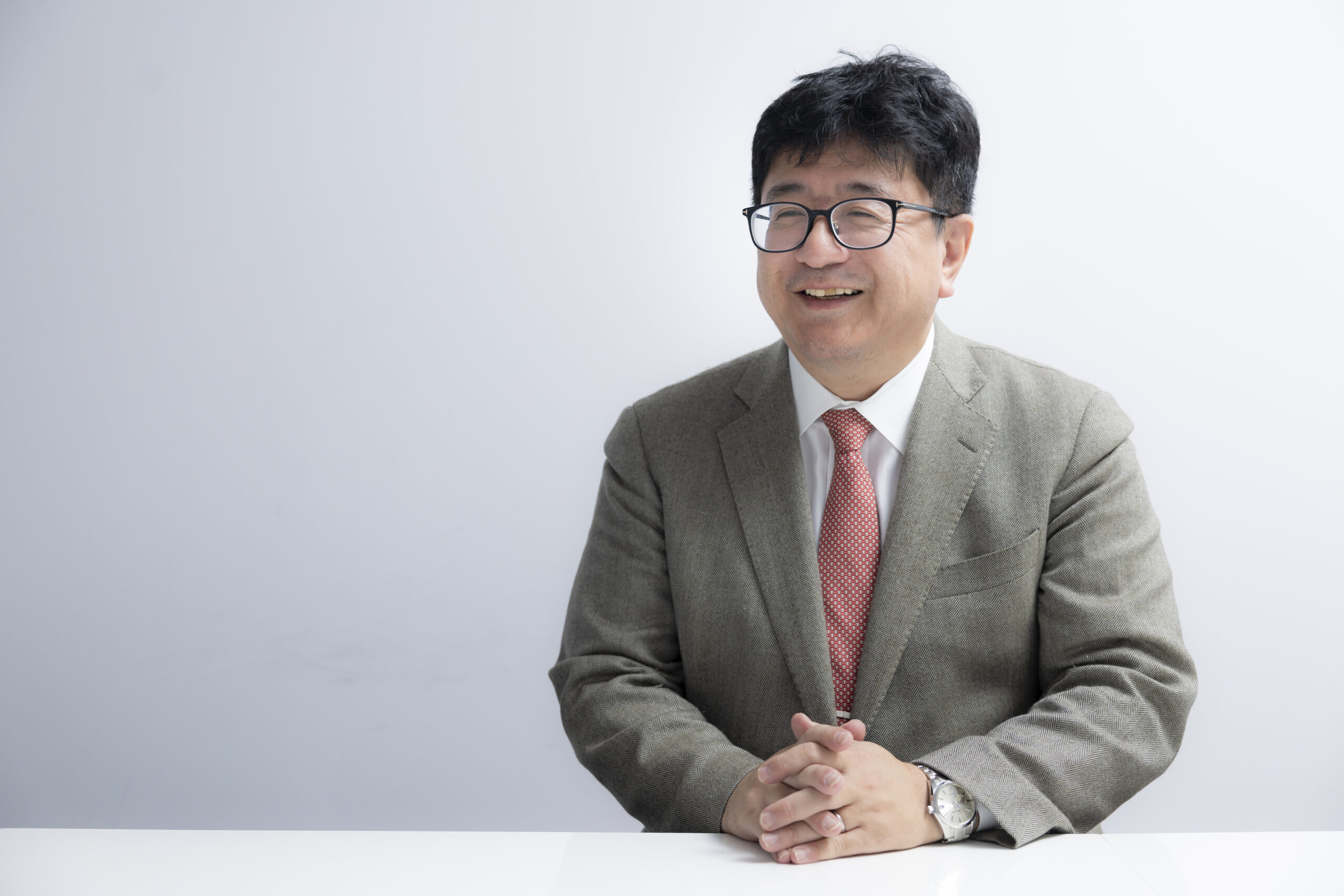
The center focuses on four key research areas: understanding Parkinson’s disease pathology, drug discovery using iPS cells, disease modeling, and advancing iPS cell differentiation techniques to promote regenerative medicine. Creation of iPS cells, a groundbreaking technology developed by Professor Shinya Yamanaka and his team from Kyoto University, enables somatic cells to reprogram into any cell type, providing a unique opportunity for research and therapy development, particularly for diseases like Parkinson’s.
Juntendo University’s Department of Neurology, a global leader in Parkinson’s disease research, has an annual patient volume of 5,000—the highest in Japan. The department made a significant breakthrough in 2012 by generating dopamine neurons from iPS cells derived from patients with Parkinson’s disease. These neurons replicated the gene dysfunction seen in the patients’ brains, allowing for more effective study of disease mechanisms and identification of drug candidates.
This breakthrough enables researchers to replicate the conditions in a Parkinson’s-affected brain within a laboratory setting, facilitating the efficient study of disease pathology and mechanisms, as well as the identification of potential drug candidates. Building on this progress, the center, in collaboration with the Department of Neurology, established a Parkinson’s disease iPS cell bank in 2016, using patient blood samples. This invaluable resource, which houses samples from several hundred patients, is crucial to advancing Parkinson’s disease research and drug development.
When human iPS cell technology emerged around 2007, the only available method involved extracting a skin sample from the patient to generate iPS cells, which placed a significant physical burden on participants. By 2010, a new technique was developed to generate iPS cells from blood samples, significantly reducing the burden. This breakthrough allowed iPS cells to be generated through a simple blood draw during routine checkups, encouraging patient participation and facilitating the creation of a Parkinson’s disease iPS cell bank.
Despite this progress, differentiating blood-derived iPS cells into neural cells remained challenging and time-consuming. In 2016, a collaboration with Professor Hideyuki Okano’s team at Keio University revealed that reducing oxygen concentration during culture allows blood-derived iPS cells to undergo forced differentiation into the nervous system with high efficiency and in a significantly shorter time. (Press Release: 2016). Building on this discovery, in 2017, a method incorporating three specific compounds into the culture medium was developed, accelerating both differentiation and maturation of the cells (Press Release: 2017).
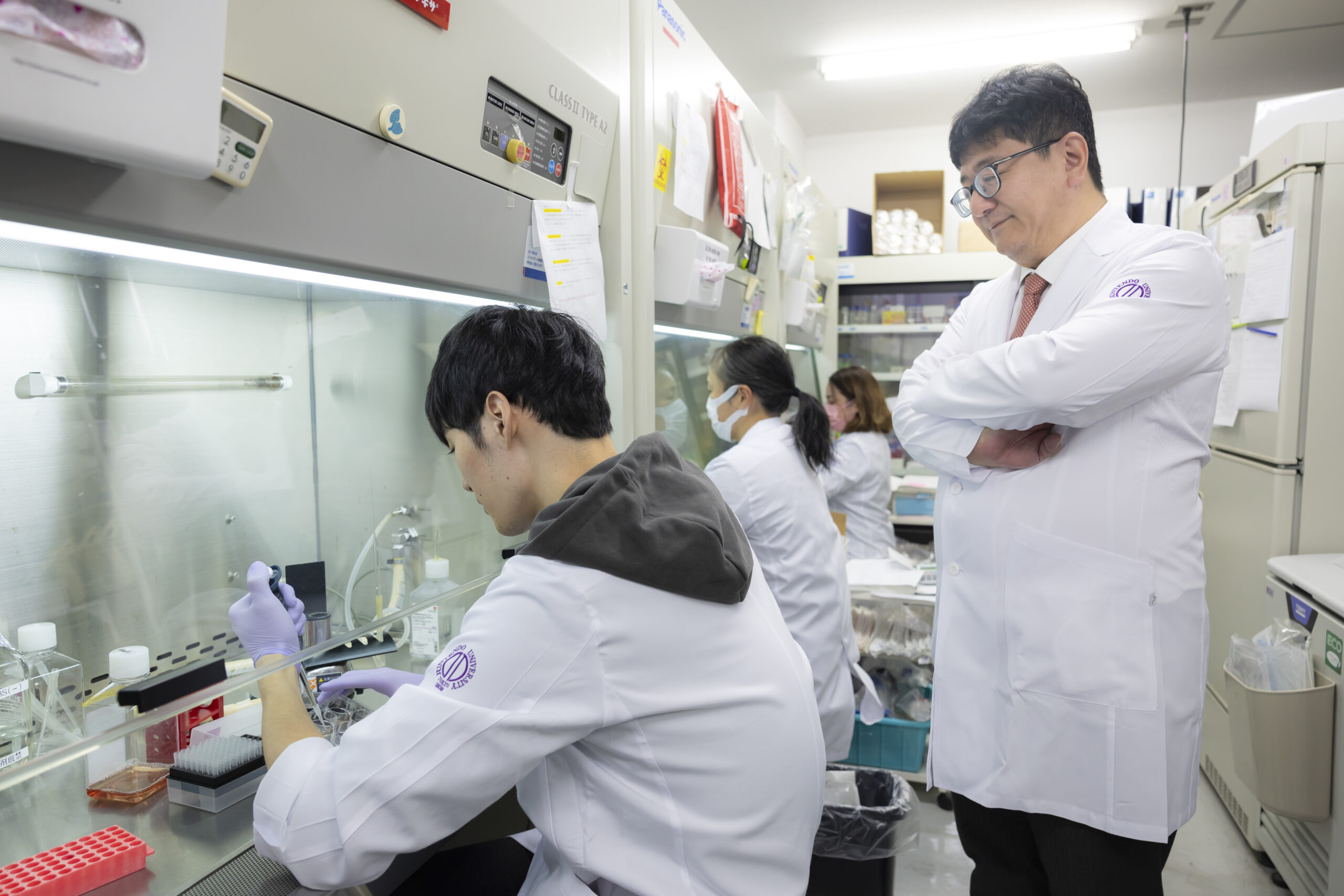
While about 10% of Parkinson’s disease cases are familial and linked to specific genes, the cause of the more common sporadic form, which accounts for 90% of cases, remains unknown. Our research has focused on familial Parkinson’s disease, generating iPS cells from patients with known genetic mutations. In particular, we have explored the role of mitophagy—the process that removes damaged mitochondria—which appears to be impaired in these cases. We believe that drugs restoring mitophagy could slow or prevent disease progression.
To address this challenge, we developed an automated pathology detection system capable of screening large numbers of potential drugs using dopamine neurons derived from iPS cells of familial patients with Parkinson’s disease. This system allowed us to screen 320 drugs, identifying four that were effective in addressing mitochondrial removal issues. Additionally, these drugs also showed potential in improving mitochondrial dysfunction in iPS cells derived from patients with sporadic Parkinson’s disease (Press Release: 2020).
This breakthrough represents a significant step in understanding the pathology of sporadic Parkinson’s disease, which remains largely unexplained despite being the more common form. The ongoing analysis of the iPS cell library is expected to further drive drug discovery and offer new hope for treating this challenging condition.
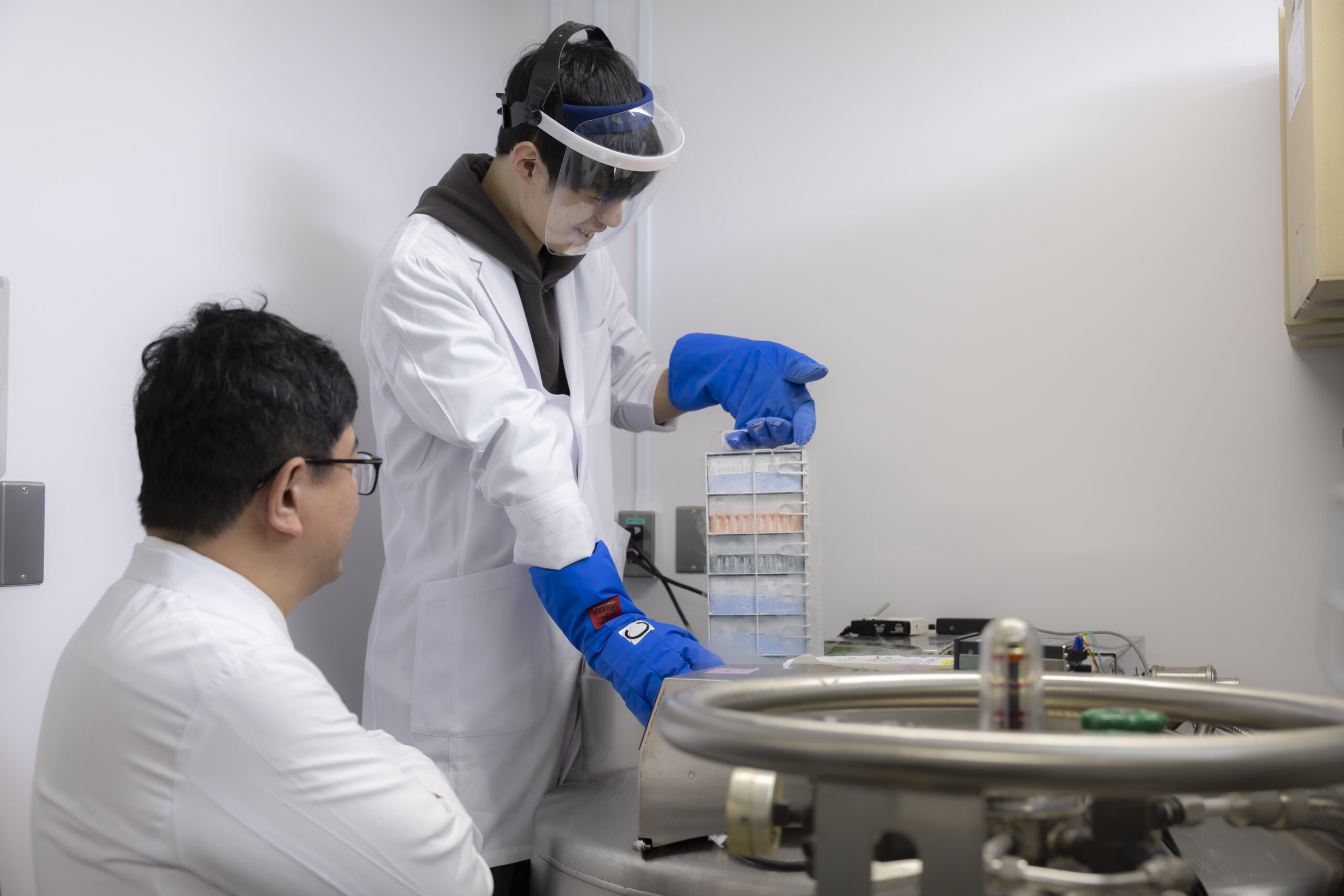
Parkinson’s disease is a prevalent neurological disorder, affecting 1 to 1.5 individuals per 1,000 people, and approximately one in 100 individuals over the age of 60. As the population ages, the number of patients continues to rise. The disease typically manifests through motor symptoms, such as hand tremors, difficulty moving, and postural instability. Currently, treatments only address the symptoms of the disorder by replenishing lost dopamine, with no cure or way to halt disease progression. Our ultimate goal is to fundamentally change the current landscape of Parkinson’s disease treatment by leveraging our research to enable treatment, prevention, and inhibition of disease progression. At the center, we aim to revolutionize Parkinson’s disease treatment—not just by alleviating symptoms, but also by working toward the prevention and inhibition of disease progression through advanced research.
We are committed to advancing iPS cell technology while also serving as a hub to accelerate regenerative medicine research across the university. In addition to advancing core technologies, one of our most vital missions is to train the next generation of researchers who will lead the field of regenerative medicine.
Since 2019, we have expanded our research incentive program to intensify support for young researchers in the field. This includes an open application process, with Project B focusing on early-career researchers, particularly those below the rank of associate professor. Research incentive grants are also available for young assistant professors, postdocs, and graduate students. Researchers from various fields—including hematology, pediatric surgery, ophthalmology, and breast surgery—have benefited from this program. Additionally, our laboratory hosts one or two second- to sixth-year medical students each year to engage in research, giving them hands-on experience as they prepare to become the next generation of leaders in regenerative medicine.
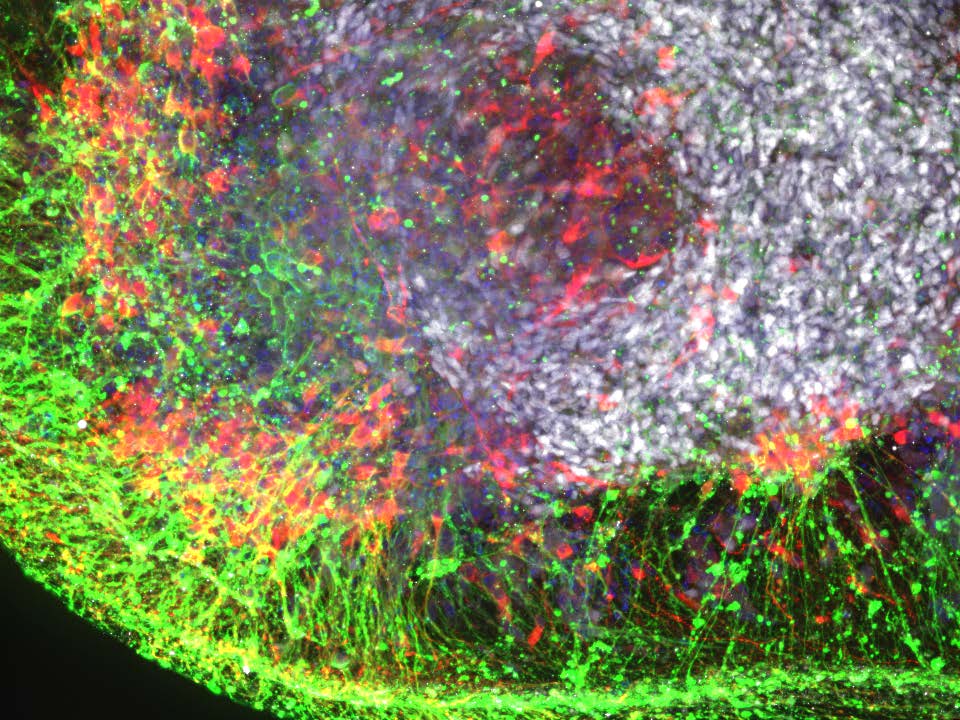
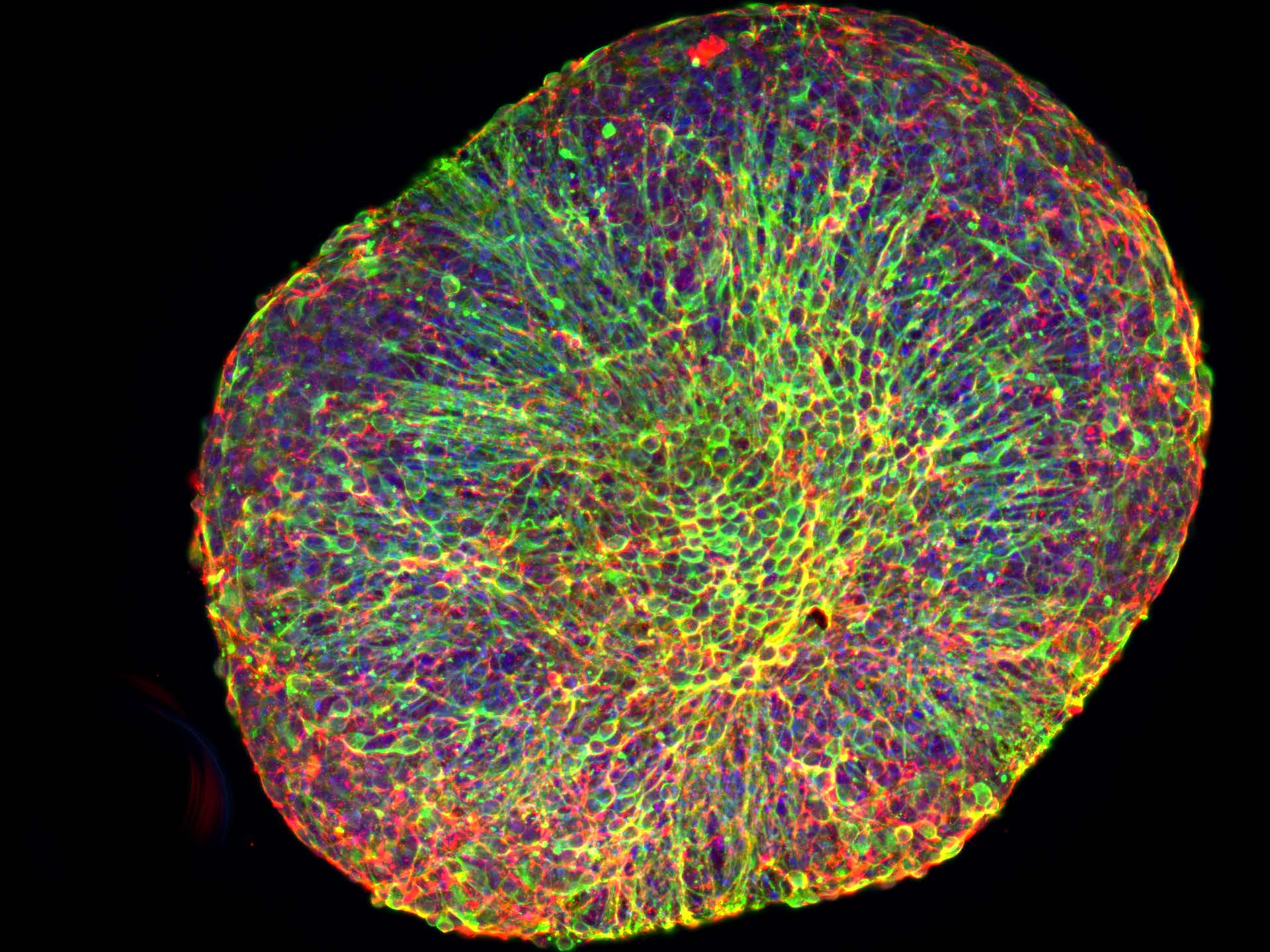
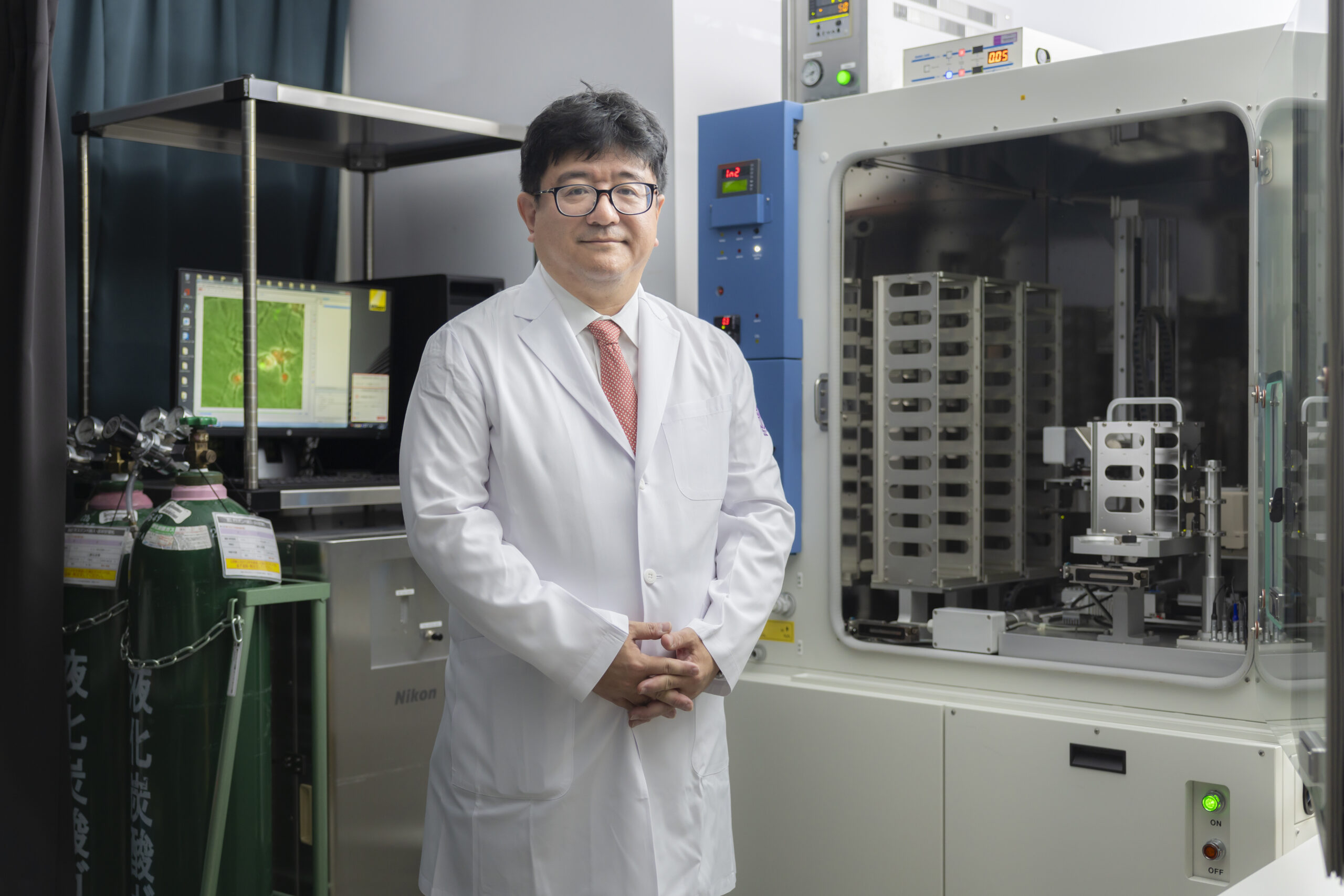
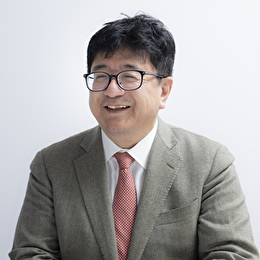
Vice Director, Center for Genomic and Regenerative Medicine, Juntendo University Graduate School of Medicine
Researchmap
Research Center